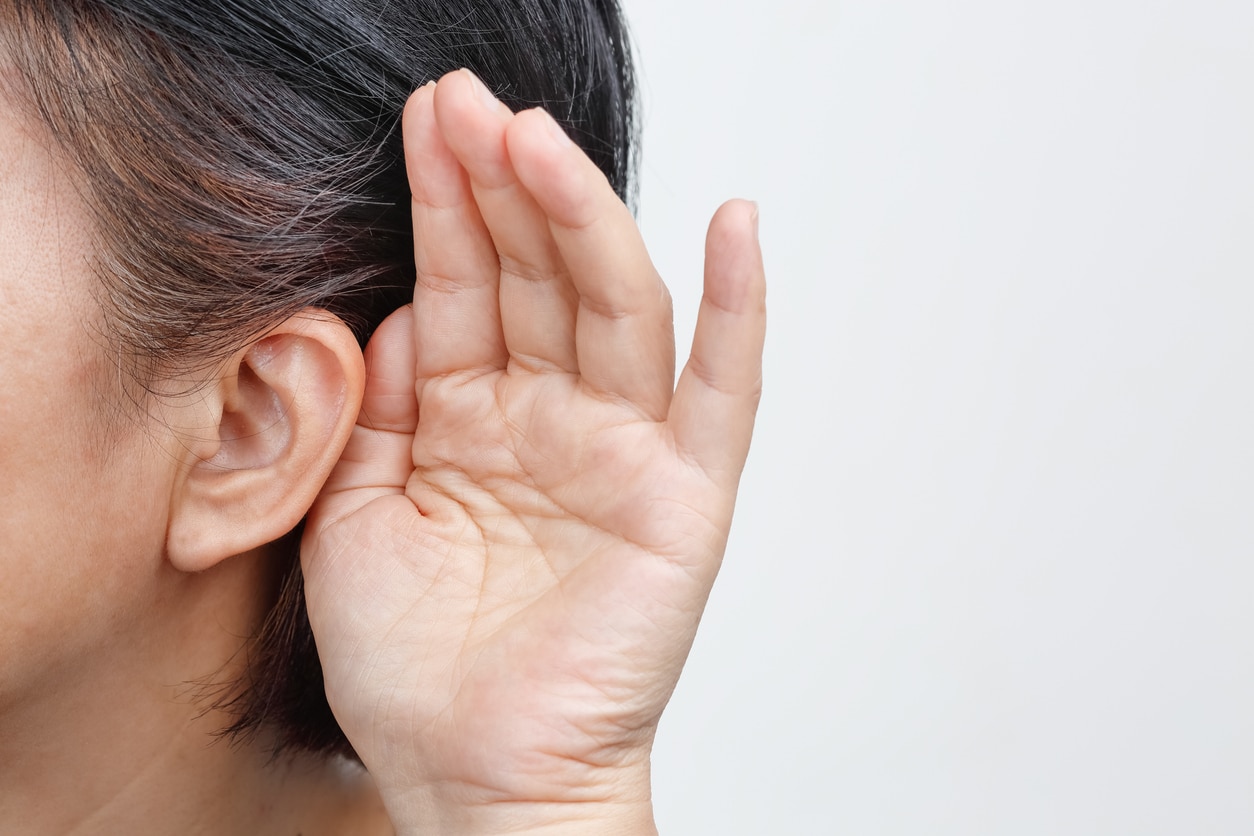-
What You Need to Know About Sudden Hearing Loss
Sudden hearing loss, as the name suggests, is a rapid, unexplained loss of hearing. This loss may occur immediately or over a few days, but the loss will be noticeable and dramatic. Let’s discuss sudden…
-
Common Causes of Hearing Loss and When to Seek Help
Hearing loss is a relatively common health condition, and there are many things that are known to cause hearing loss or affect hearing health. If you’ve noticed signs of hearing loss but are unsure as…
-
What Is Auditory Training and Can I Do It at Home?
Approximately 15% of American adults report having some trouble with hearing. If you’re one of those 15% and you suspect that you’re in the beginning stages of hearing loss, you may be able to strengthen…
-
Should I Use a Drying Kit or Hearing Aid Dryer in Winter?
Temperatures in Wilmington are dropping fast; winter is almost here. Moisture damage can pose a significant threat to your hearing aids, and winter presents unique challenges in regards to moisture. If you’re one of the…
-
Hearing Aid Batteries: Rechargeable vs. Replaceable
When selecting a hearing aid, sound clarity and design are often top of mind, but battery type plays a crucial role in how well your device integrates into your daily life. Both rechargeable and replaceable…
-
What to Know About Synesthesia
Synesthesia is a rare and intriguing neurological condition where the stimulation of one sense causes an involuntary response in another. These sensory overlaps happen automatically and are consistent for everyone who experiences them. Chromesthesia, for…
-
How to Talk to Your Child About Hearing Loss and Deaf Awareness
Helping your child understand hearing loss is an opportunity to build empathy and respect for others’ differences; nearly 15% of American adults experience some form of hearing loss. Whether your child notices a classmate with…
-
Will Warmer Weather Impact My Hearing Aid Performance?
As temperatures rise in Wilmington, people who benefit from hearing aids may wonder how the heat and humidity of summer affect their devices; they’re not alone, nearly 28.8 million Americans could benefit from hearing aids.…
-
Questions to Ask Your Audiologist to Better Understand Your Hearing Loss
If you’ve taken the important step of getting a hearing test, you’re on your way to improving your hearing and overall quality of life. Once your hearing test is complete, you’ll have an opportunity to…
-
Auditory Training and Hearing Aids: Working Together To Improve Communication
Living with hearing loss can be frustrating. It often feels like sounds become muddled or indistinguishable, making conversations difficult to follow. While hearing aids amplify sounds, they don’t always solve the problem of processing and…









